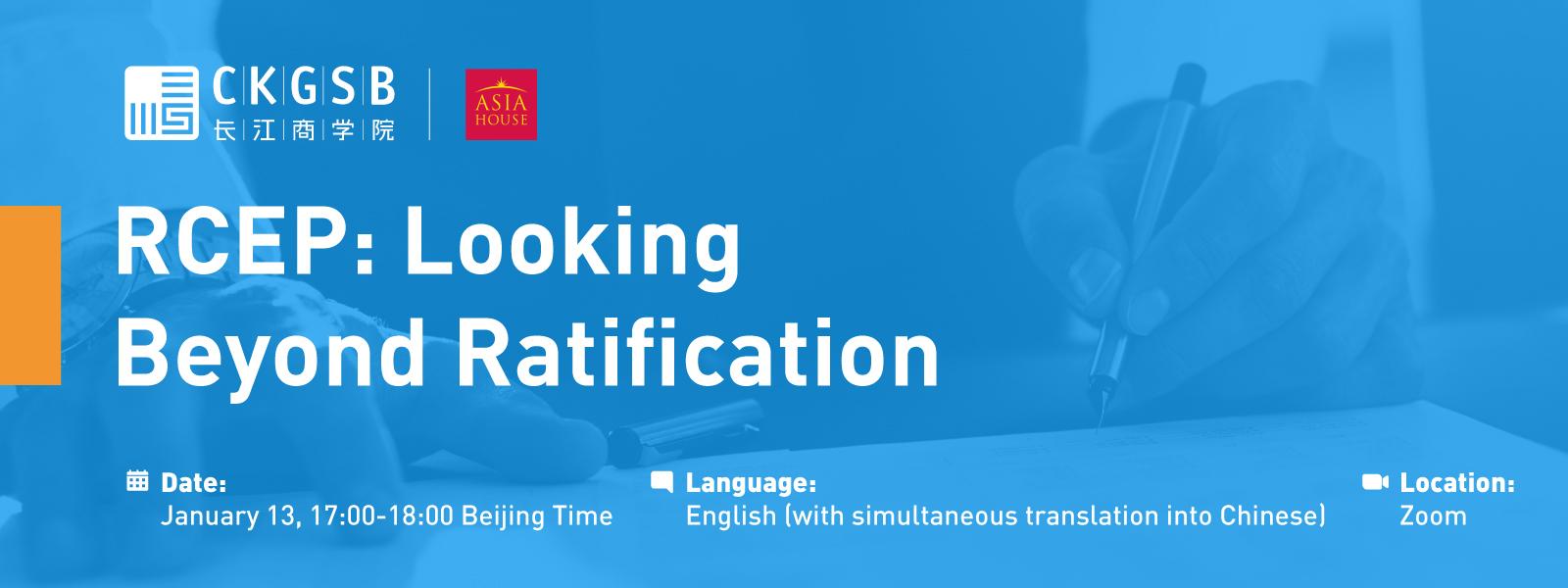
Accounting for nearly a third of the world’s population and almost 30 per cent of global GDP, the Regional Comprehensive Economic Partnership (RCEP), concluded in November 2020, drew its 15 signatories from Asia Pacific into the world’s largest trading bloc. Initially conceived by ASEAN as a means of bringing its pre-existing regional trade partners together under a comprehensive economic agreement, RCEP is expected to add US$200 billion to global GDP annually by 2030.
With the ratification of the RCEP in January 1st, 2022, this event will bring together experts from across Asia Pacific to consider the likely impact of this agreement on the region’s economy and its practical implications for businesses operating in the region. In a time when many economies still plot their recoveries from the impacts of COVID-19, RCEP represents an opportunity to leverage liberalised trade and supply chain optimization while kick-starting Asia Pacific’s ailing economies.
While questions remain about how all 15 signatories can ensure equitable influence within RCEP, the opportunities this agreement represents for businesses and Asia Pacific’s regional economy are clear. Against this backdrop, this event, produced in partnership with Asia House and supported by the Associated Chinese Chambers of Commerce and Industry of Malaysia, Business China, Gao Feng Advisory Company and SRW &Co., will look beyond ratification to consider how RCEP will change the economic and political landscape of Asia Pacific and how businesses can practically benefit from the agreement.
Event Video in Chinese
Event Video in English
Supporting Organizations
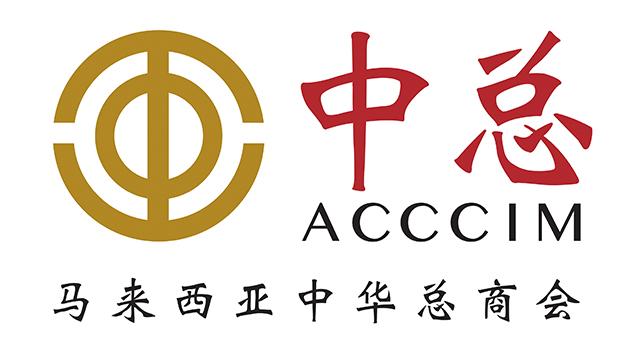
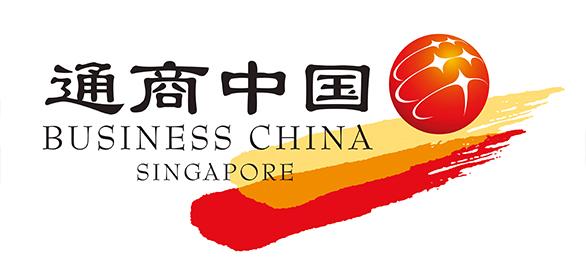



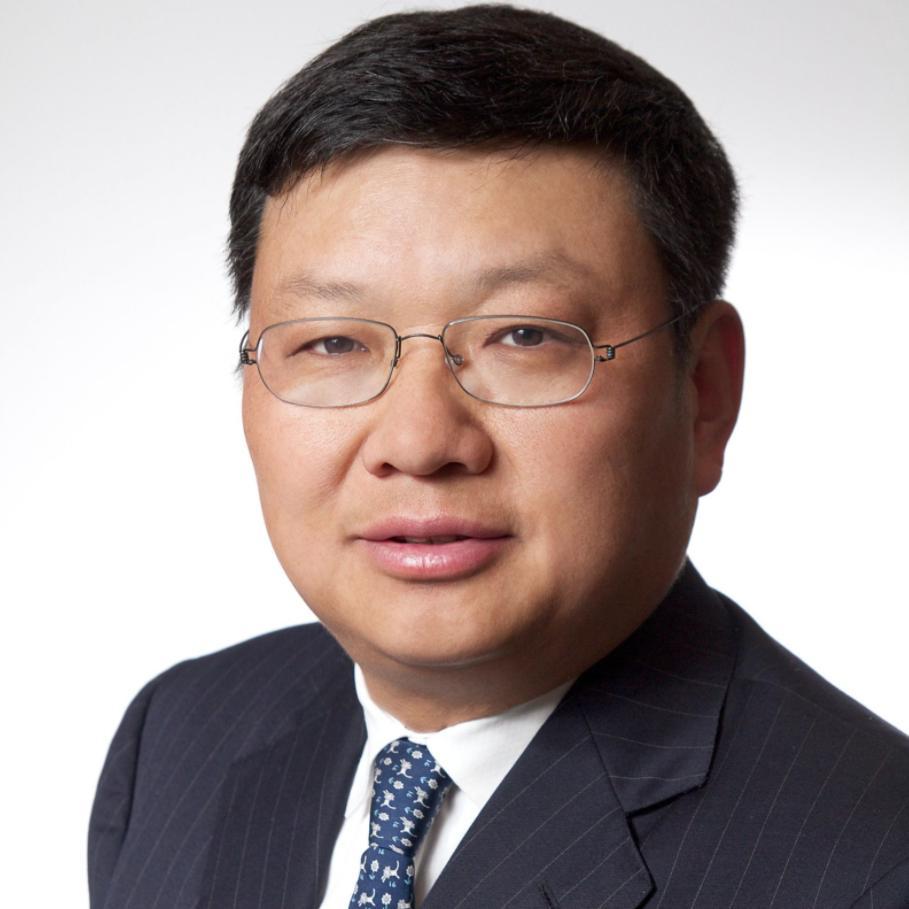
Dr. Xiang Bing is the Founding Dean and Dean’s Distinguished Chair Professor of China Business and Globalization at Cheung Kong Graduate School of Business (CKGSB). Under his leadership, CKGSB has evolved from a fledgling school to one of the most influential business schools in China with a global reputation since its establishment in November 2002.
Renowned as a foremost authority on China’s business and economy, Dr. Xiang has delivered keynote speeches at prestigious forums/ conferences including: Harvard College China Forum as closing keynote (2017), the first opening keynote (2018, 2023), opening keynote (2019), and the first closing keynote (2024); Penn Wharton China Summit as the first opening keynote (2023), the first closing keynote (2024), and the only closing keynote (2025); Columbia China Forum as the only closing keynote (2024); Indonesia Economic Summit as one of the four keynotes in the opening ceremony (2025); SCMP China Conference on US-China Relations in New York City as the only closing keynote (2019). In 2018, he was a lunch keynote speaker for the Foreign Policy Association’s Board of Trustees (FPA) in New York City and presented a lunch keynote at Center for Strategic and International Studies (CSIS) in Washington, D.C.. Dr. Xiang was invited to attend the Ditchley Foundation Annual Forum in 2010, 2012, 2018 and 2021 and served as the First Co-Chairman in 2018. Dr. Xiang was also invited to participate in the Rome Roundtable during 2017 – 2020, in 2022 and in 2024.
Dr. Xiang has served as an independent board member to several listed companies, including four Fortune Global 500 companies. He was a member of the Global Board of Trustees for United Way Worldwide (US) during 2011-2017. He is now a member of the Advisory Board for Asia House in London and a Counselor for One Young World Summit in Dublin. He is also serving as a member of the Advisory Board for multiple scholarly societies, including Fundação Dom Cabral (FDC) in Brazil, Yonsei School of Business in Korea, the Royal Academy of Management (RAM) in Oman, the Faculty of Business Administration at the University of Macau, the Business School of SciTech of University of Science and Technology of China, and the Business School of Southern University of Science and Technology in China, etc.
Dr. Xiang’s research interests include economic disruption, business in China, global implications of China’s economic transformation, China’s development models, innovation and globalization by Chinese companies, reform of SOEs, Chin-U.S. Relations, and global trade and investment systems and global governance, etc.
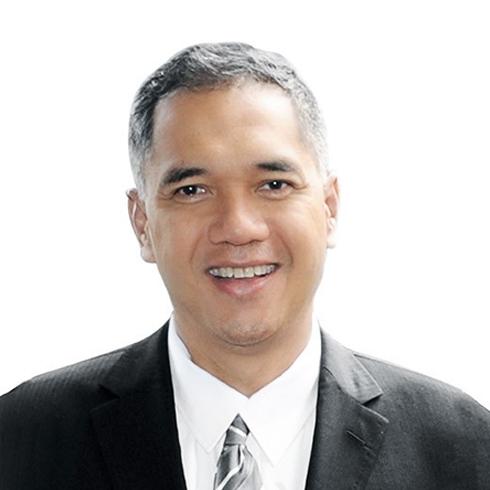
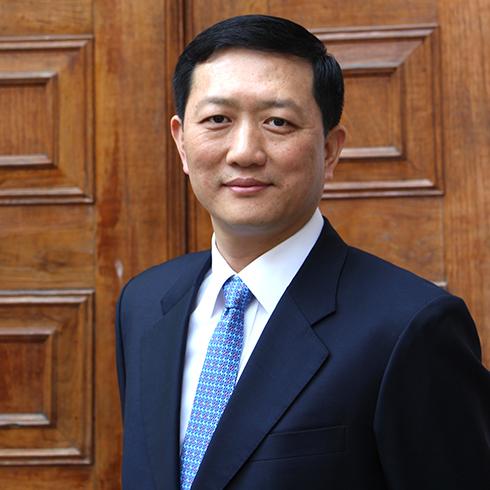
Professor of Strategy and Economics and Associate Dean for Europe, Cheung Kong Graduate School of Business (CKGSB)
PhD, Princeton University
Areas of Expertise: Economics of Strategy and Organization, China Business and Economy, International Economics
Email:zgtao@ckgsb.edu.cn
Zhigang TAO is Professor of Strategy and Economics at Cheung Kong Graduate School of Business. He taught at University of Hong Kong from 1998 to 2021, and at Hong Kong University of Science and Technology from 1992 to 1998. Professor Tao received his B.Sc. in management science from Fudan University in 1986, and PhD in economics from Princeton University in 1992. He has published in various economics and management journals, and his work has been widely cited.

Jeremy Browne was the British Minister of State for Pacific Asia, 2010-12. His portfolio in the Foreign Office also included responsibly for Latin America and overall relations with emerging powers. He also served as a Minister of State in the Home Office and spent ten years as a Member of the British Parliament (2005-15). Since then he has worked as an International Business Ambassador for Aberdeen Standard Investments and served as the City of London’s Special Representative to the EU, where he dealt with the impact of Brexit on UK-EU financial services. He currently works as a Senior Adviser to renewable energy investment firm Renewity.
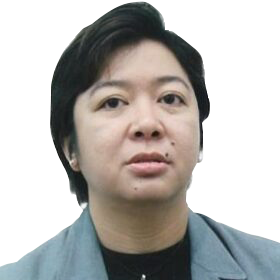
Ms Anna Maria Rosario Diaz Robeniol is the Director of the Market Integration Directorate under the ASEAN Economic Community Department of the ASEAN Secretariat. She was the Head of the External Economic Relations Division of the ASEAN Secretariat from 2018 – August 2020. Before re-joining the ASEAN Secretariat in 2018, Anna was the Assistant Secretary for Trade Policy and Negotiations at the Department of Trade and Industry, Philippines (2016-2018). During her tenure as Assistant Secretary, Anna was the Philippines’ chief negotiator for the Regional Comprehensive Economic Partnership (RCEP) and other trade negotiations involving the Philippines. She was the country’s Senior Economic Officials Meeting (SEOM) lead and chaired the said meeting during the Philippines’ chairmanship of ASEAN in 2017. She also co-Chaired the Joint Committee for the ASEAN-Japan Comprehensive Economic Partnership Agreement. Prior to that, Anna spent more than twelve years at the ASEAN Secretariat, during which she facilitated the completion of negotiations and signing of all the ASEAN Free Trade and Comprehensive Economic Partnership Agreements. She also worked on RCEP until the launch of negotiations in 2012. Anna represented the ASEAN Secretariat in various regional and international forums and led the ASEAN Secretariat team in supporting the implementation of ASEAN FTAs.
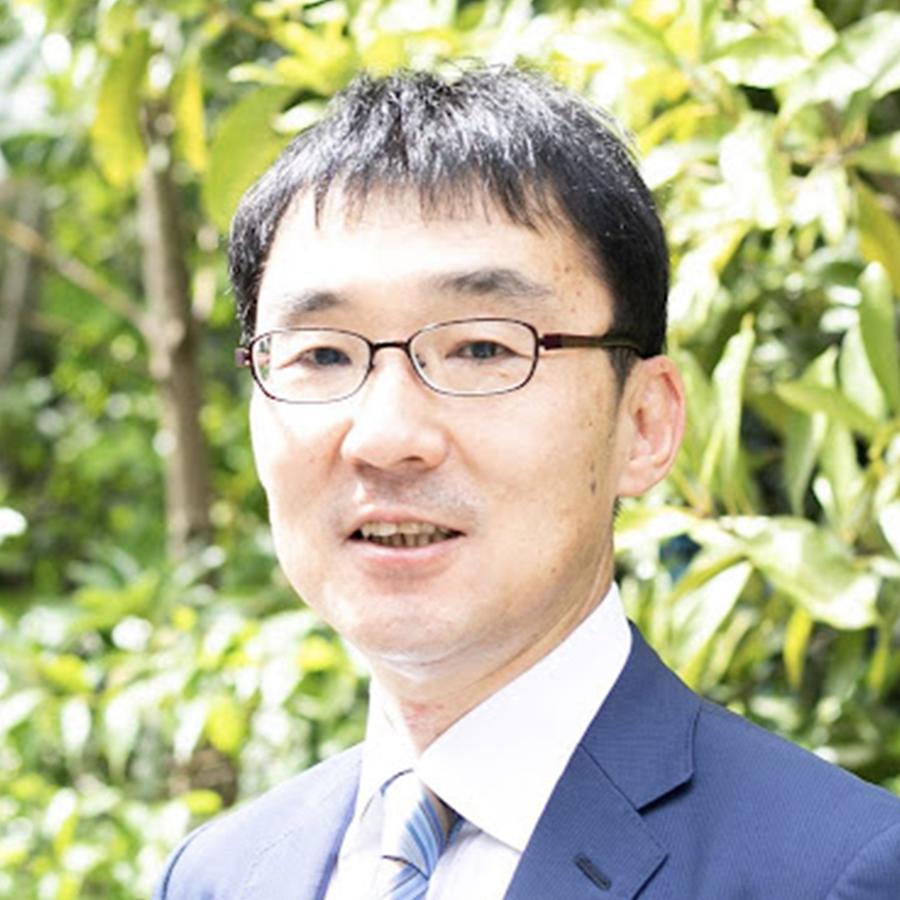
Tetsuya Watanabe is Vice President at the Research Institute of Economy, Trade and Industry (RIETI) and Visiting Professor at Graduate School of Public Policy, the University of Tokyo. In his capacity at RIETI, he hosts the RIETI Global Intelligence Series where he discusses and analyses, with experts from the US, the EU and Asia, the geopolitical tensions, global trade governance, climate change challenges, digital transformation and regional integration in Asia. He joined RIETI in 2020 after over three decades of a career as a trade policy maker and negotiator in the Ministry of Economy, Trade and Industry (METI), where he served as Director General for the Trade Policy. During his career at METI he worked on a wide range of bilateral, regional and multilateral trade negotiations and initiatives, including the WTO Joint Statement Initiatives on E-Commerce, the Trilateral Trade Ministers Meetings, the Regional Comprehensive Economic Partnership, the Japan-US Trade Agreement and the Japan-UK Comprehensive Economic Partnership Agreement. He also served as the Chief Counsellor at the Government Headquarter for the Trans Pacific Partnership at the Cabinet Secretariat.
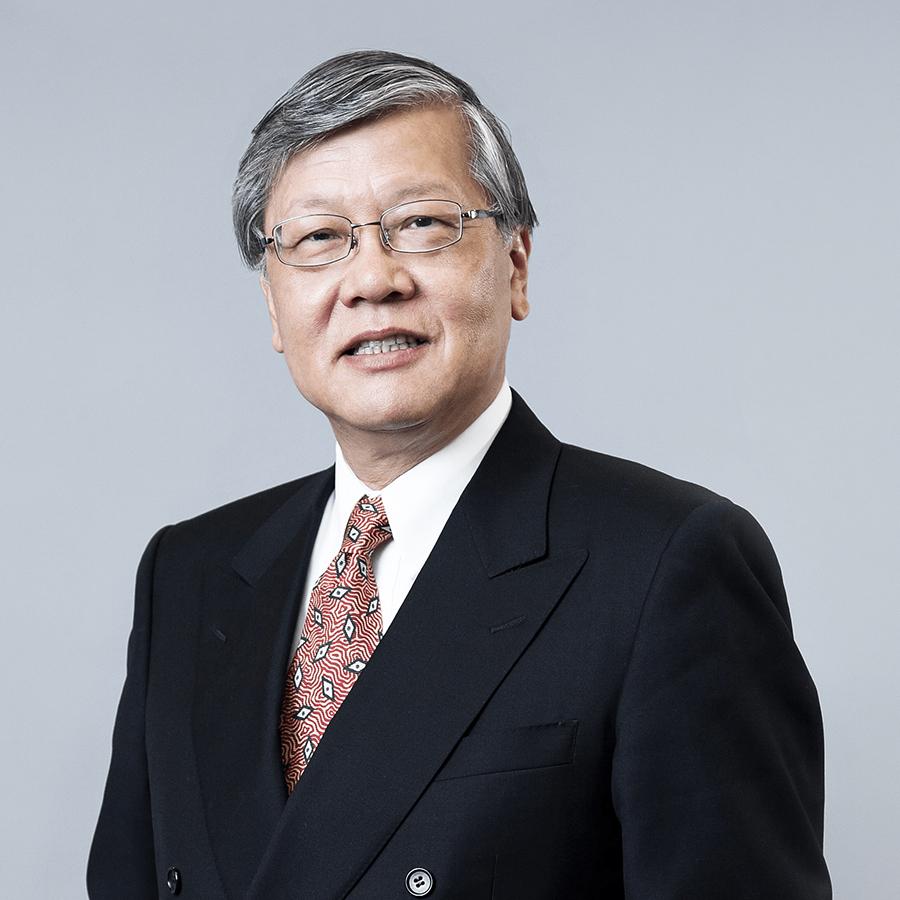
Andrew Sheng is a distinguished fellow at Asia Global Institute, University of Hong Kong, chief adviser to the China Banking and Insurance Regulatory Commission, and a former board member of Khazanah Nasional Berhad, the sovereign wealth fund of Malaysia. He also served as an adviser to the UN Environment Program Inquiry into the Design of a Sustainable Financial System. Mr. Sheng also serves as a member of the International Advisory Council of the China Investment Corporation, the China Development Bank, the China Securities Regulatory Commission, and Honorary Member of the Trustees of Bank Indonesia Institute. Previously, he served as chairman of the Securities & Futures Commission of Hong Kong and as a central banker at the Hong Kong Monetary Authority and at Bank Negara Malaysia. Mr. Sheng has also worked at the World Bank. He is an adjunct professor at the University of Malaya and at the Tsinghua University School of Economics and Management. Mr. Sheng is the author of From Asian to Global Financial Crisis: An Asian Regulator’s View of Unfettered Finance in the 1990s and 2000s.